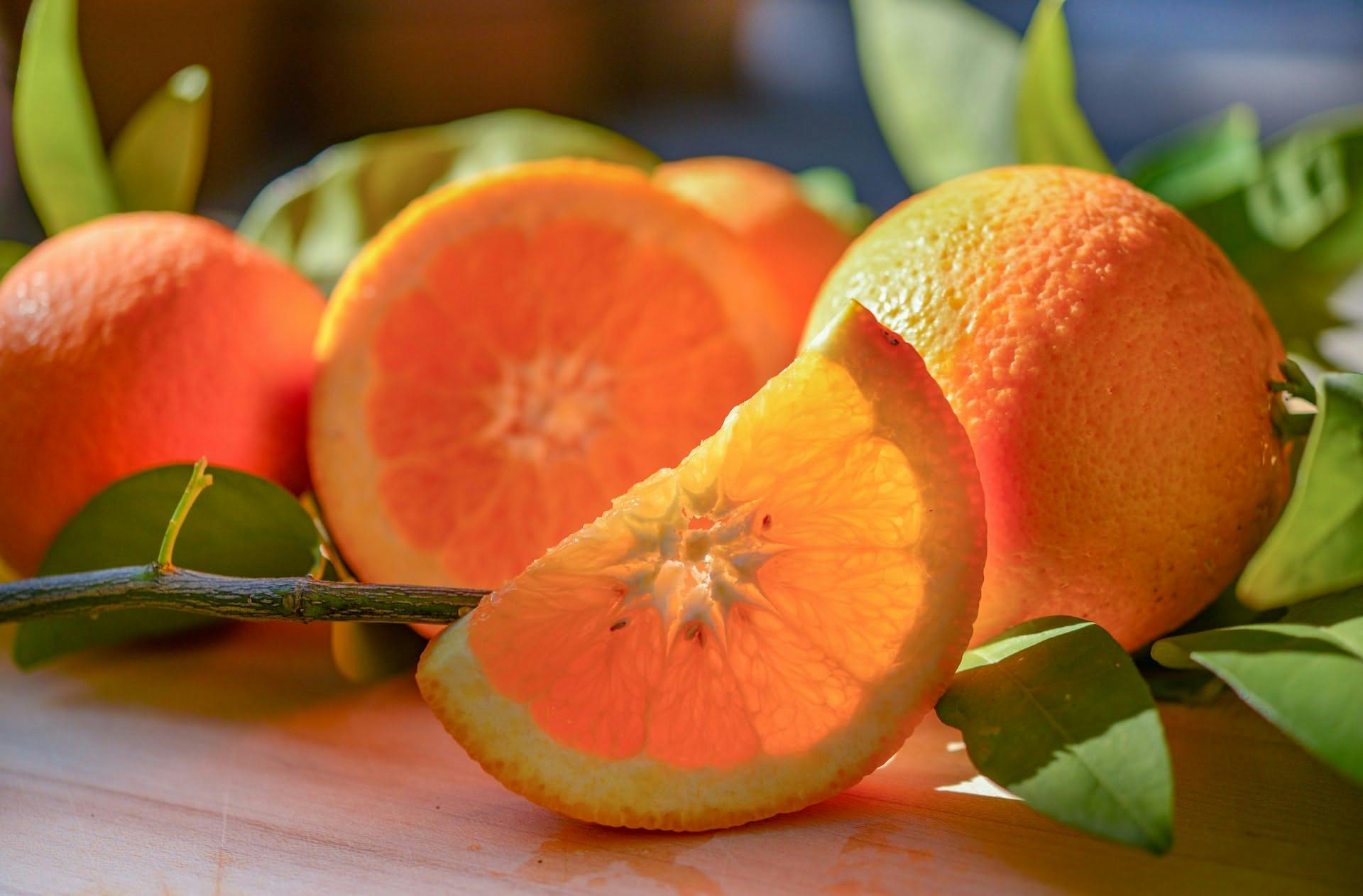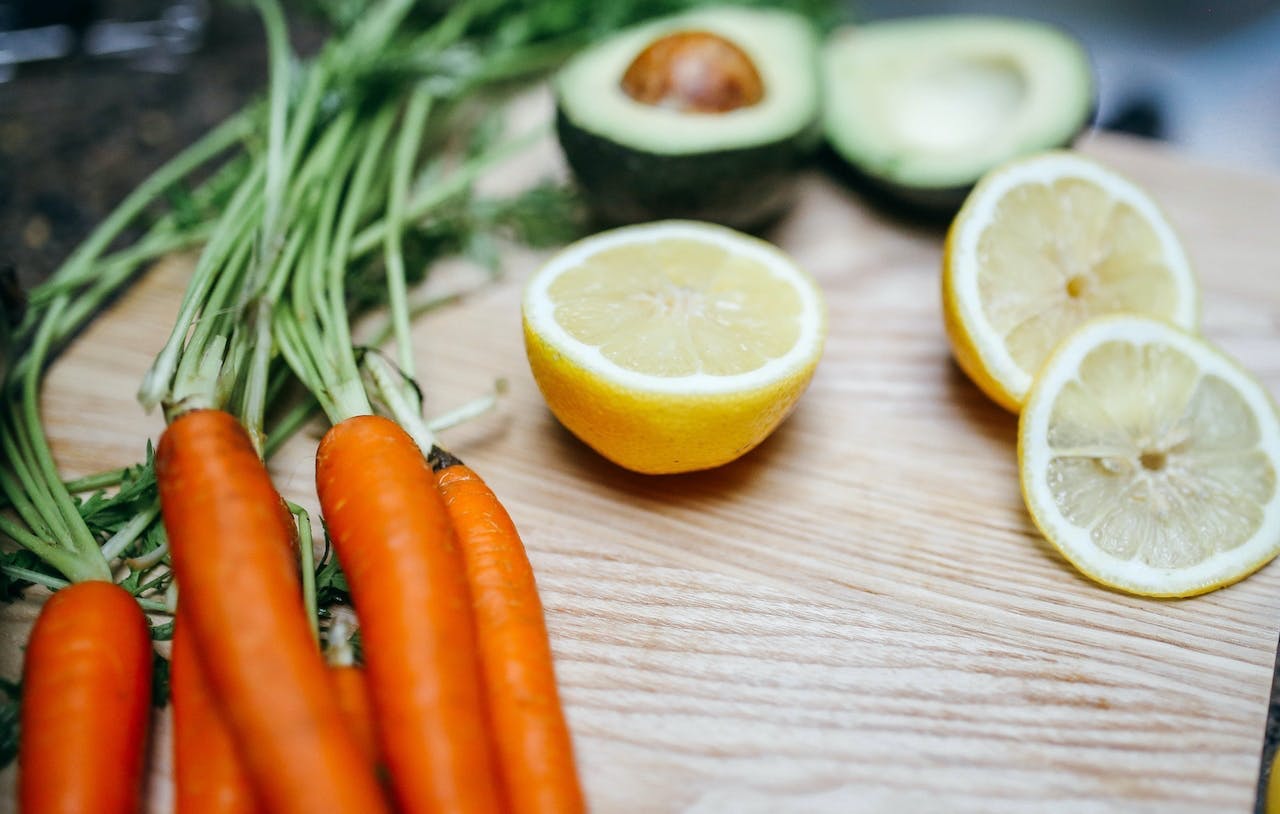Facts about fats:
- Gaining fat is more about insulin sensitivity, excessive calories, and eating habits—not about how much dietary fat you consume
- Certain types of fat, such as butter and the fat in beef, have high amounts of CLA, a nutrient known for its fat-burning capabilities[1]
- High fat/low carb diets are clinically recommended for people with metabolic syndrome[2]
Fat is no longer quite as vilified as it once was. Avocado oil is trendy. Olive oil, too.
The American Heart Association now even grudgingly recognizes fat as an important part of the diet. Yet, there remains a prejudice against fat in the diet collective consciousness which affects us all, to a degree. It’s the result of our having seen thousands of ads and articles over years and decades that apotheosize fat-free foods in flashy fat-free packages, while demonizing humbler, fattier fare.
Fat vs sugar
The idea that fat = fat is a programmed, unconscious bias in our society. (There was even a bona fide Sugar Industry conspiracy that helped set the stage for this in the 1960s.)[3]
- 🧈 Depending on the source, fat is loaded with fat-soluble vitamins, minerals, and nutrients that, dare we say, can actually help you burn fat![1]
(Depending on the source. Avoid CAFO meat products, and load up on pasture-raised fats, olive oil, and coconut oil.) - 🧈 Fat is a building block of hormones that you need for a healthy metabolism and thyroid
- 🍭 Sugar, on the other hand, is devoid of everything except taste and calories (And memories)
- 🍭 Sugar spikes blood glucose and induces insulin resistance, often leading to crashes and cravings for junk food.
Why the 'fat leads to weight gain' myth is still sticking around
Since fat has been the fall guy for other aspects of metabolic health, like heart disease, we tend to think: “Well fat’s killing us in all these other ways…it has to be making us fat, too. But those other ways were wrong in the first place.
The original studies that correlated heart disease with fat intake completely neglected the high correlation with sugar. In fact, much of the fat-bashing science from the mid 20th century has been proven to be paid for and influenced by the sugar industry.[3]
We’ve been consuming fat for far longer than we’ve eaten processed sugar. And it’s only been since recent times that our waistlines have expanded.
Some truth in the myth
Though fat doesn’t make you fat as a rule, fat can make you gain weight if:
- you ate fat with sugar (go lower carb if you’re going to eat lots of fat)
- you purchased low-quality fats
- you ate way too many calories and didn't exercise enough
Which fats are right for you?
If you’re having a hard time discerning which types of fat to eat, there’s a really simple filter to pass grocery store items through before you purchase:
A) Did this fat exist before the industrial revolution?
If so, then eat up! The industry is what has corrupted food and food science, so if your fat predates modern processed foods, you’re on the right track. Some of our favorite fats are olive oil, grass-fed butter, bacon, coconut oil, and ghee.
But the best way to tell if a food is good for you is to measure how your blood sugar responds to it. While excess weight is linked to metabolic health issues, it’s not everything. So don’t stress about where you’re at. The most important thing is to adopt positive metabolic habits that can help you control your blood glucose.
References
- https://www.ncbi.nlm.nih.gov/pmc/articles/PMC4429457/
- https://www.ncbi.nlm.nih.gov/pmc/articles/PMC1323303/
- https://jamanetwork.com/journals/jamainternalmedicine/article-abstract/2548255


